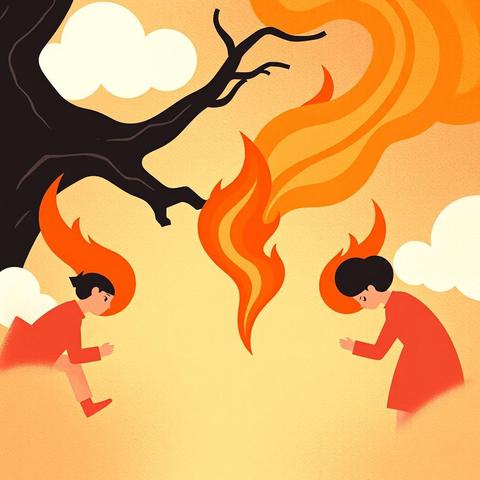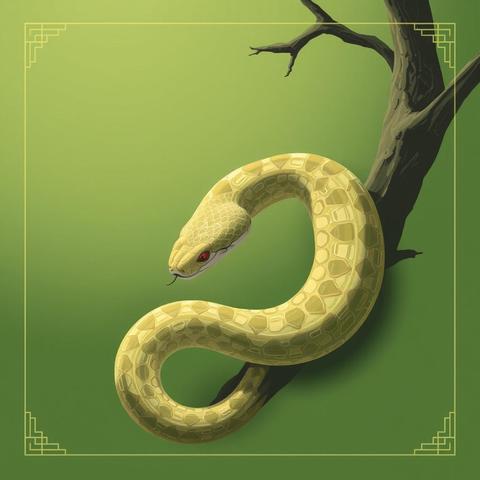Last night, I dreamt my grandmother, a woman whose laughter filled my childhood, was gone. The vividness of her absence, the chilling emptiness in the dream, left me shaken even after I woke. The feeling lingered, a phantom limb of grief. Many of us experience death dreams – sometimes of loved ones, sometimes of strangers, and sometimes even of ourselves. These dreams are often intensely emotional, leaving us with a lingering sense of unease, sadness, or even terror. But what do these dreams truly mean? And how can we understand their profound impact on our waking lives? This article delves into the emotional landscape of death dreams, exploring their potential symbolic meanings, offering practical advice for processing them, and guiding you toward a deeper understanding of your subconscious.
Understanding the Symbolism of Death in Dreams

Death, in dreams, rarely signifies literal death. Instead, it often symbolizes a significant transformation, ending, or transition in your waking life. It can represent the death of an old habit, a belief system, a relationship dynamic, or even a part of yourself. Think of the caterpillar transforming into a butterfly – death as a necessary precursor to rebirth and growth. The emotional impact of a death dream stems from our subconscious grappling with these profound changes.
The Death of a Loved One
Dreaming of the death of a loved one, like my grandmother in my dream, is particularly poignant. This often reflects anxieties about their well-being, unresolved issues in your relationship, or your own fears of loss and mortality. The dream isn’t necessarily a prediction of their actual demise but rather a reflection of your emotional connection and potential anxieties surrounding your relationship. If unresolved grief is present, the dream might serve as a prompt to address it.
The Death of a Stranger
Dreaming of the death of a stranger, while still unsettling, often symbolizes a less personal transition. It could represent the death of an aspect of yourself, a project, or a phase in your life that has run its course. The stranger embodies a part of your life that’s ending, freeing up space for something new. The emotion associated with this might be less intense than the death of a loved one but still calls for introspection.
Dreaming of Your Own Death
Perhaps the most unsettling of death dreams is dreaming of your own death. This doesn’t foretell your demise but instead speaks to a profound shift or transformation in your life. It could signal a need for radical self-reflection, a desire for major life changes, or a recognition of the need to let go of outdated aspects of yourself. The emotions in this dream – fear, acceptance, peace – offer crucial clues to the underlying message.
The Hidden Meanings Behind Death Dreams

Death dreams are rich in symbolism, and their interpretation depends on the specifics of the dream itself.
Analyzing the Emotional Landscape
The emotions you experience in the dream are key to understanding its message. Was the death peaceful? Were you filled with grief, anger, or relief? These emotions provide crucial insight into your subconscious feelings about the change or transition the dream signifies.
Common Variations and Themes
- Peaceful Death: A peaceful death in a dream often suggests a sense of acceptance and readiness for change. It could imply a positive resolution to a difficult situation or a sense of closure.
- Violent Death: A violent death in a dream often suggests a feeling of being overwhelmed or out of control. This could signify a need to assert yourself or address a stressful situation directly.
- Sudden Death: A sudden and unexpected death might reflect a feeling of being blindsided by change, possibly hinting at a need for better preparation or planning.
- Mourning and Grief: The intensity of your reaction to the death in the dream is crucial. Overwhelming grief might reflect unresolved issues, while a more subdued reaction might signify acceptance and healing.
The Interpretation and Deeper Message of Dreams
Death dreams aren’t just about endings; they’re about beginnings. They often point to a need for self-assessment, identifying what needs to be released to create space for growth.
- Lessons from Death Dreams: The message often lies in understanding what is “dying” in your life, and what new possibilities might emerge as a result.
- Inner Peace and Transformation: Death dreams, while emotionally challenging, can be a pathway to profound self-awareness and ultimately, inner peace. The process of interpretation can lead to significant personal growth.
Practical Advice for Dreamers
After experiencing a death dream, taking time for reflection is essential.
- Dream Journaling: Keep a dream journal to record details immediately upon waking. This includes the characters, emotions, setting, and any symbols that stand out.
- Connecting Dreams to Waking Life: Reflect on your waking life. Are there any significant changes, challenges, or unresolved conflicts that resonate with the dream’s themes?
- Meditation and Mindfulness: Meditation and mindfulness practices can help you connect with your subconscious and process the emotions associated with the dream.
- Seeking Professional Guidance: If death dreams cause significant distress or anxiety, consider seeking professional help from a dream therapist or counselor. Dream therapy can provide a safe and supportive space to explore these powerful experiences.
Case Study: A Death Dream and its Resolution

Sarah, a client I worked with, dreamt repeatedly of her father’s death, even though he was alive and well. Through dream analysis, we discovered her dream reflected her fear of losing the close relationship they had as he transitioned into retirement. The “death” symbolized the end of their daily interactions and the need for her to adapt to this new phase of their relationship. By understanding this interpretation, Sarah felt empowered to nurture their connection in new ways, ultimately reducing the intensity of her death dreams.
Conclusion
Death dreams, while often unsettling, offer a profound opportunity for self-discovery and personal growth. By understanding their symbolism and processing their emotional impact, we can glean valuable insights into our subconscious anxieties and aspirations. At Dream Therapy Now, we specialize in helping individuals navigate the complexities of their dreams through expert analysis, sleep science, and therapeutic practices. We guide you on your path to clarity, transformation, and a deeper understanding of your inner self. Contact us today to learn more about how dream therapy can help you unlock the meaning behind your dreams and improve your overall well-being. Remember, your dreams are not just random images; they are a powerful window into your subconscious mind, offering valuable clues to personal growth and transformation. Let us help you decipher their messages. Contact us at info@dreamtherapynow.com or visit us at 143 Horizon Dr, Bedford, NH 03110.
Dive into our blog to discover a wealth of content that will illuminate the significance of your nocturnal adventures and guide you through the labyrinth of dream symbolism. Impeccable Dream hopes this guide was helpful! If you want to see other blog posts about Death in Dreams, here are some that may be of interest to you.